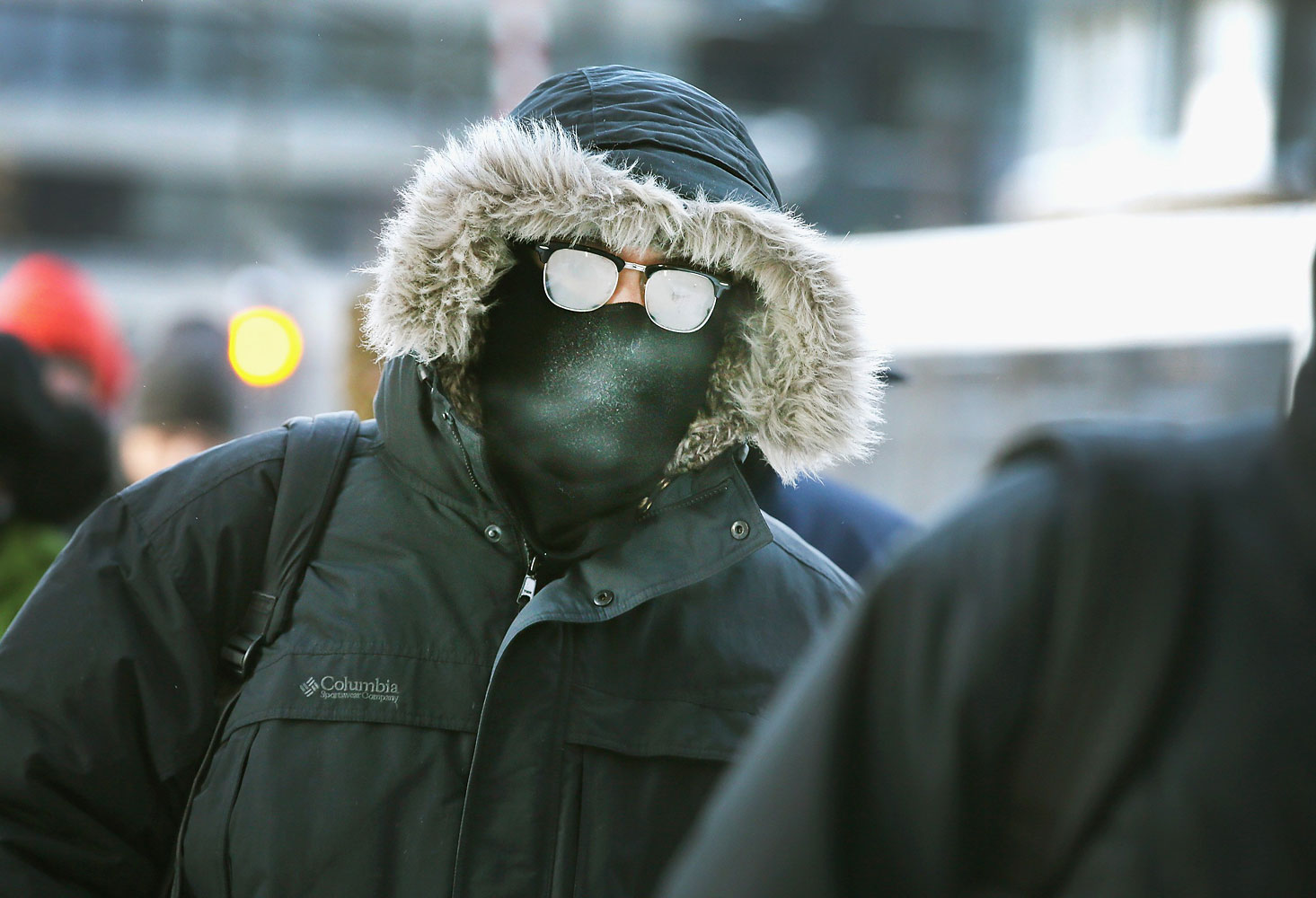
I know cold. And all you Minnesota people may discount me because I am from Phoenix, but trust me, I know cold. I have climbed the highest peak on each continent (the famed Seven Summits) and have skied to both the North and South Poles―a feat known as the Adventure Grand Slam. Each mountain and polar expedition was very different―with the exception of one thing: the cold.
(Watch: What You Need to Know About the Polar Vortex)
Of all the remote places I have been, Antarctica―land of the frozen tundra― is perhaps my favorite. It also happens to be the coldest place on earth. The continent is approximately 98 percent ice and 2 percent rock. Temperatures in the winter have reached 128-below. I have been there twice; once to climb the Vinson Massif and once to ski six-hundred miles from the edge of the western Antarctic ice shelf all the way to the South Pole. “Why would you want to suffer like that” is a question I get all the time. And sure, there are times when you are feeling like you want to take a break from the frigid conditions and go inside the lodge and get a cup of hot cocoa…but you can’t. There is no ski lodge in the middle of Antarctica. There’s just you, your 150lb. sled which is harnessed to your waist (containing all of your gear and supplies), your teammates (unless you are on a solo trip ―no thanks) and the cold. So you make peace with the sub-zero temperatures, because you’re going to be in them for the better part of two months.
So thinking back on my experiences here’s why you should be okay with a couple of days of polar vortex – because 1) you can go inside, and 2) because it makes you smarter ―or at least smarter than the warm weather does. Yep. Good news for those in cities affected by the vortex: cold weather can actually be really good for you. Not just because you burn more fat when it’s cold, but because your brain works better when it’s cold. According to an article by Adrian Ward that appeared in Scientific American, it takes more energy to cool your body when it’s hot than it does to warm it up when you’re cold. The energy comes from glucose…which is also necessary for the brain’s mental processes. So basically, cooling off when it is hot uses more glucose than warming up when it’s cold; thus leaving less available glucose for the brain. Therefore, we can assume that cold weather is better for the brain. Quick ―everyone go take the MENSA test before the temperature warms up again!
More Must-Reads from TIME
- Cybersecurity Experts Are Sounding the Alarm on DOGE
- Meet the 2025 Women of the Year
- The Harsh Truth About Disability Inclusion
- Why Do More Young Adults Have Cancer?
- Colman Domingo Leads With Radical Love
- How to Get Better at Doing Things Alone
- Michelle Zauner Stares Down the Darkness
Contact us at letters@time.com